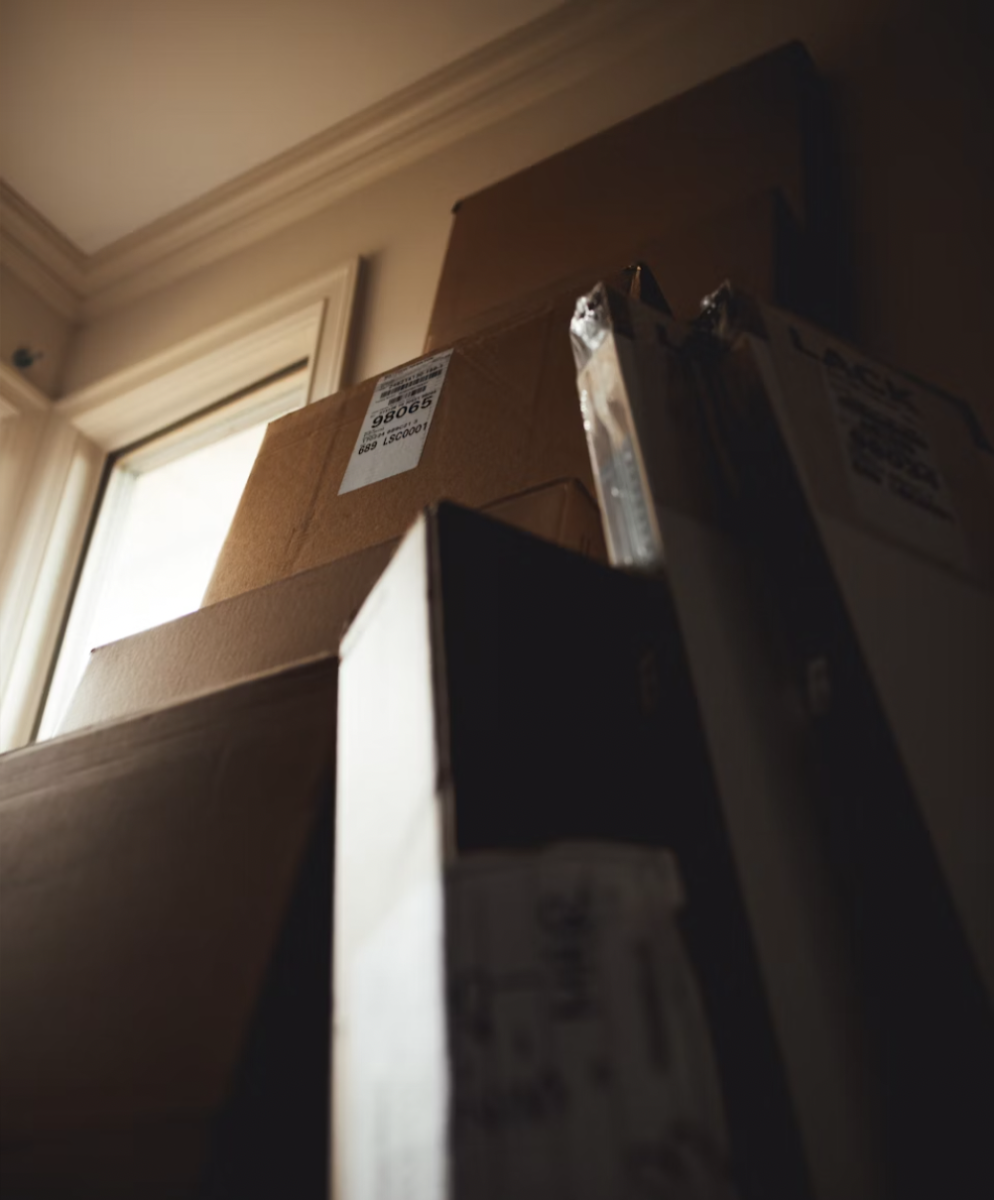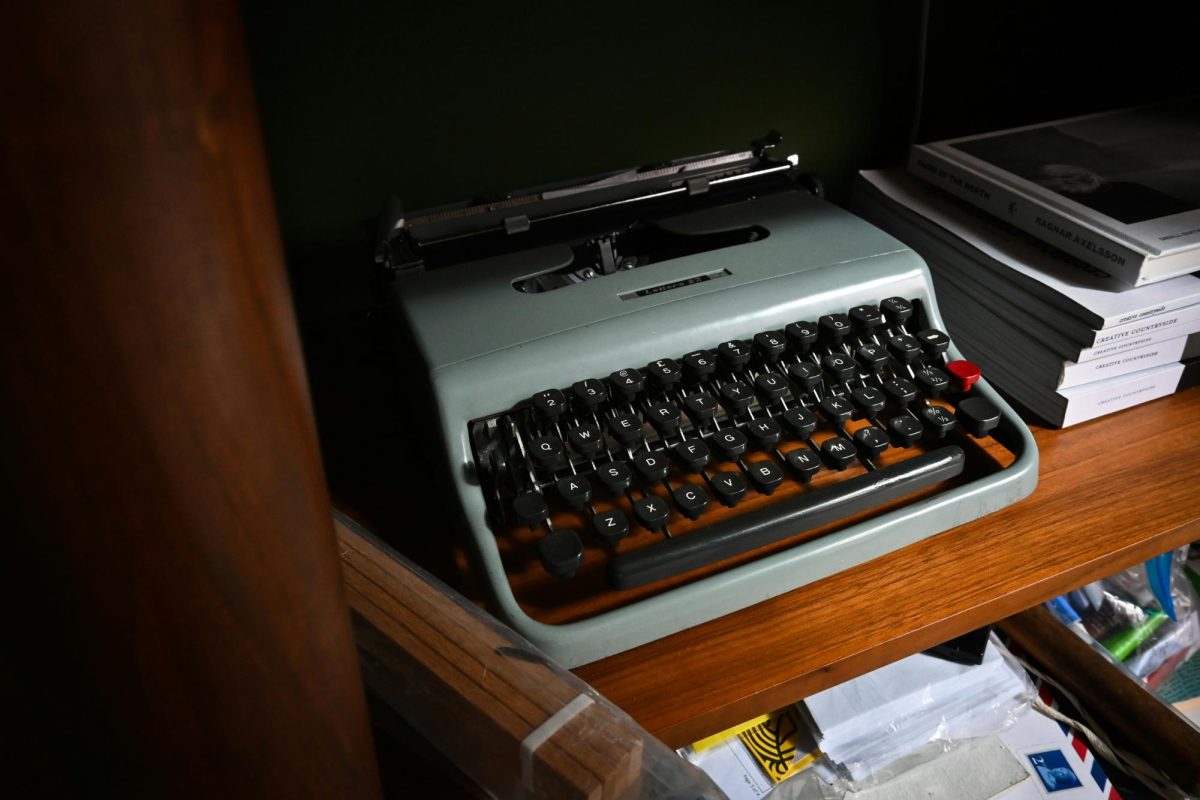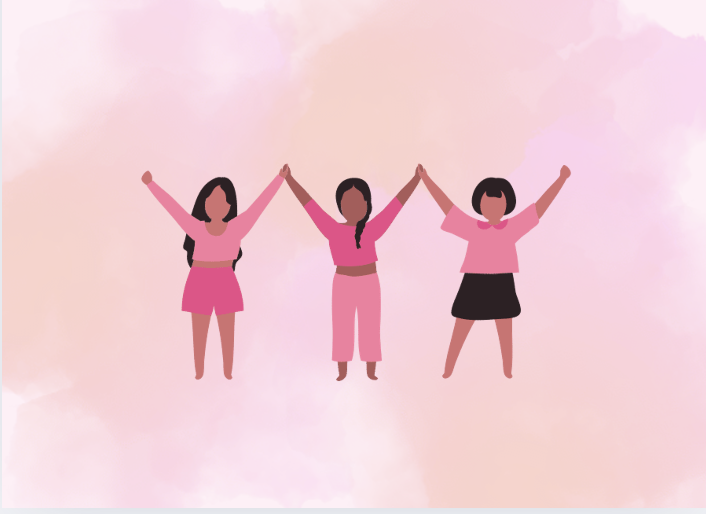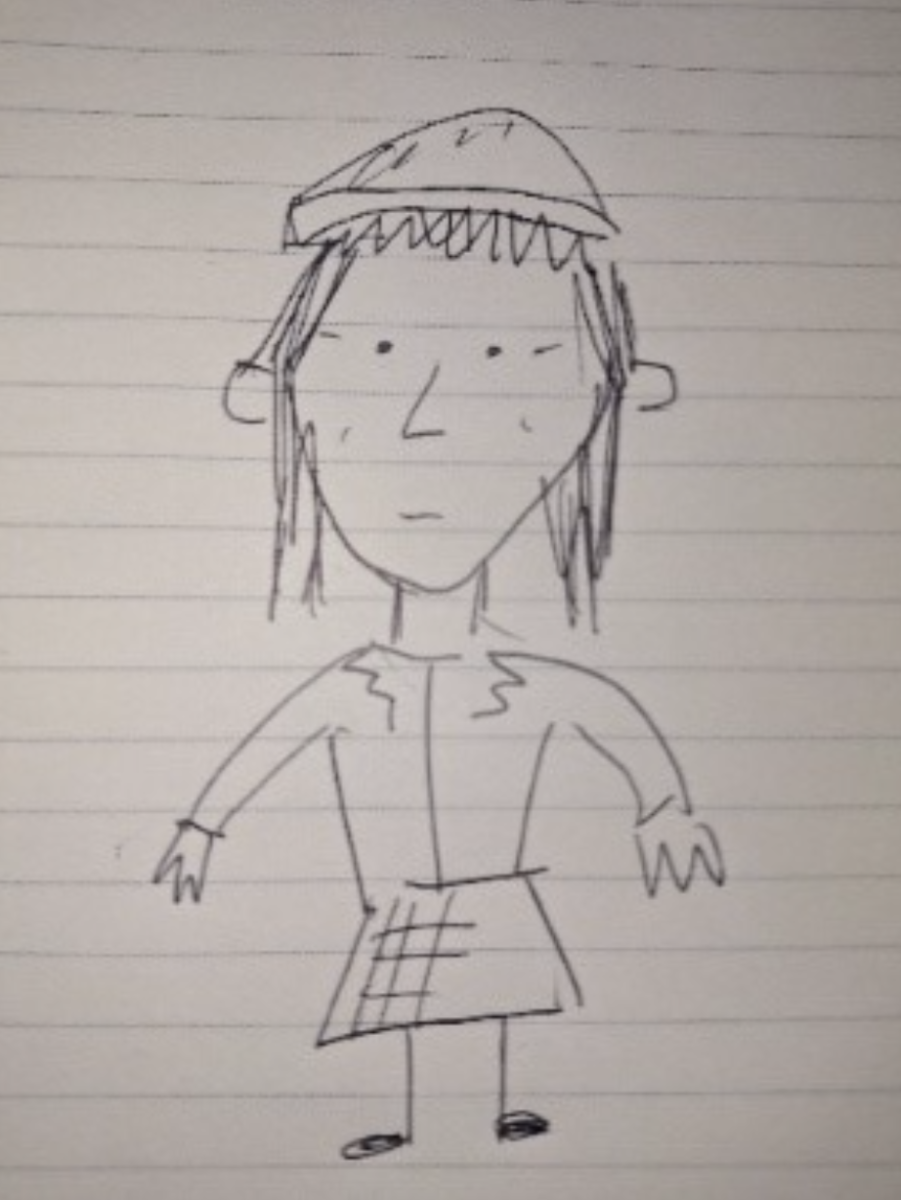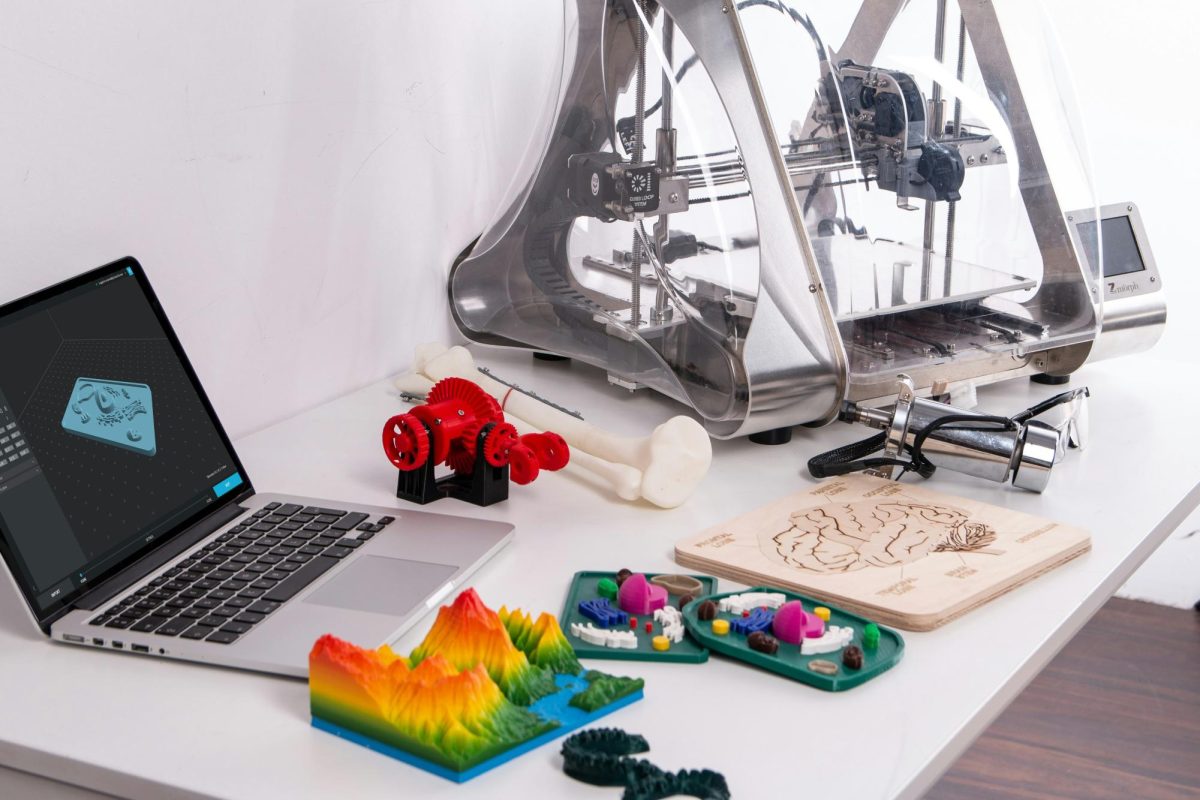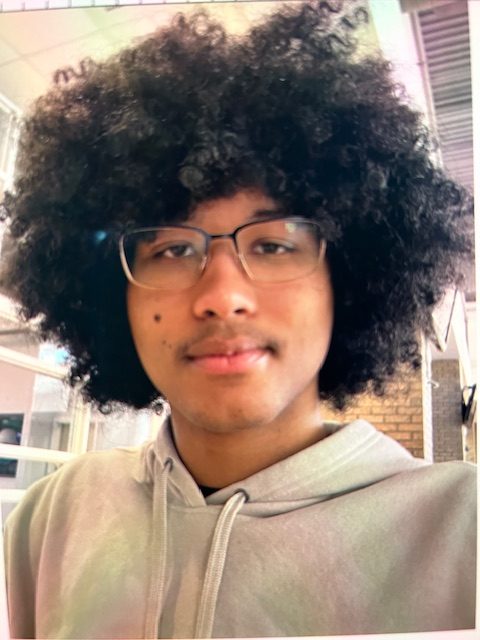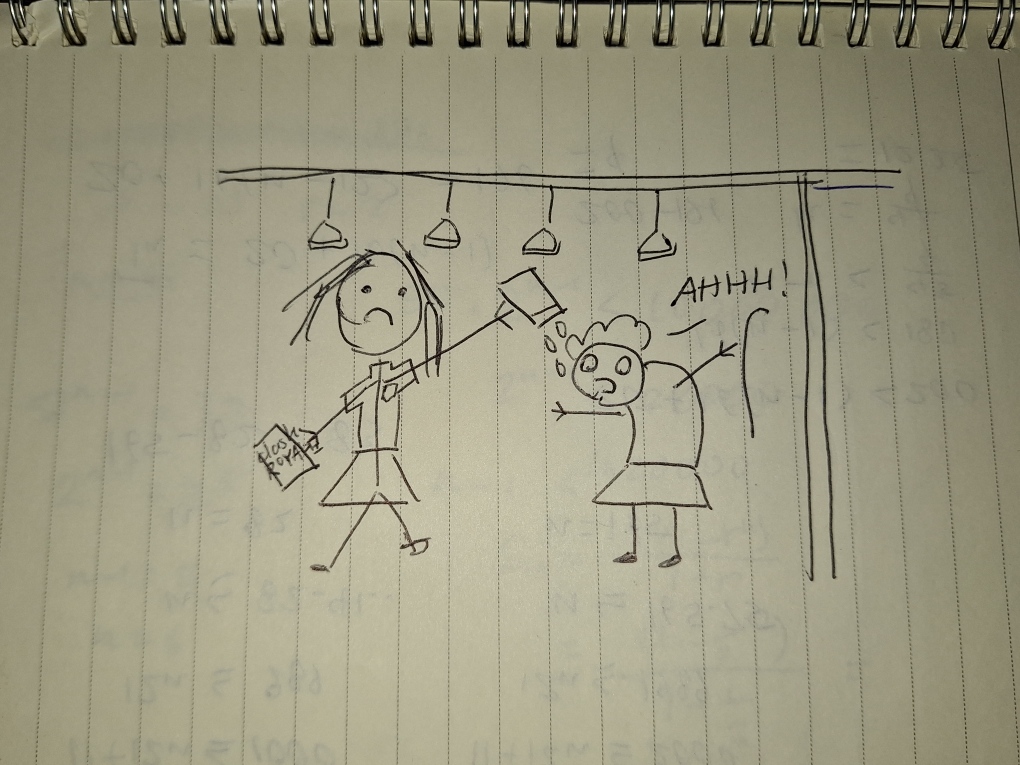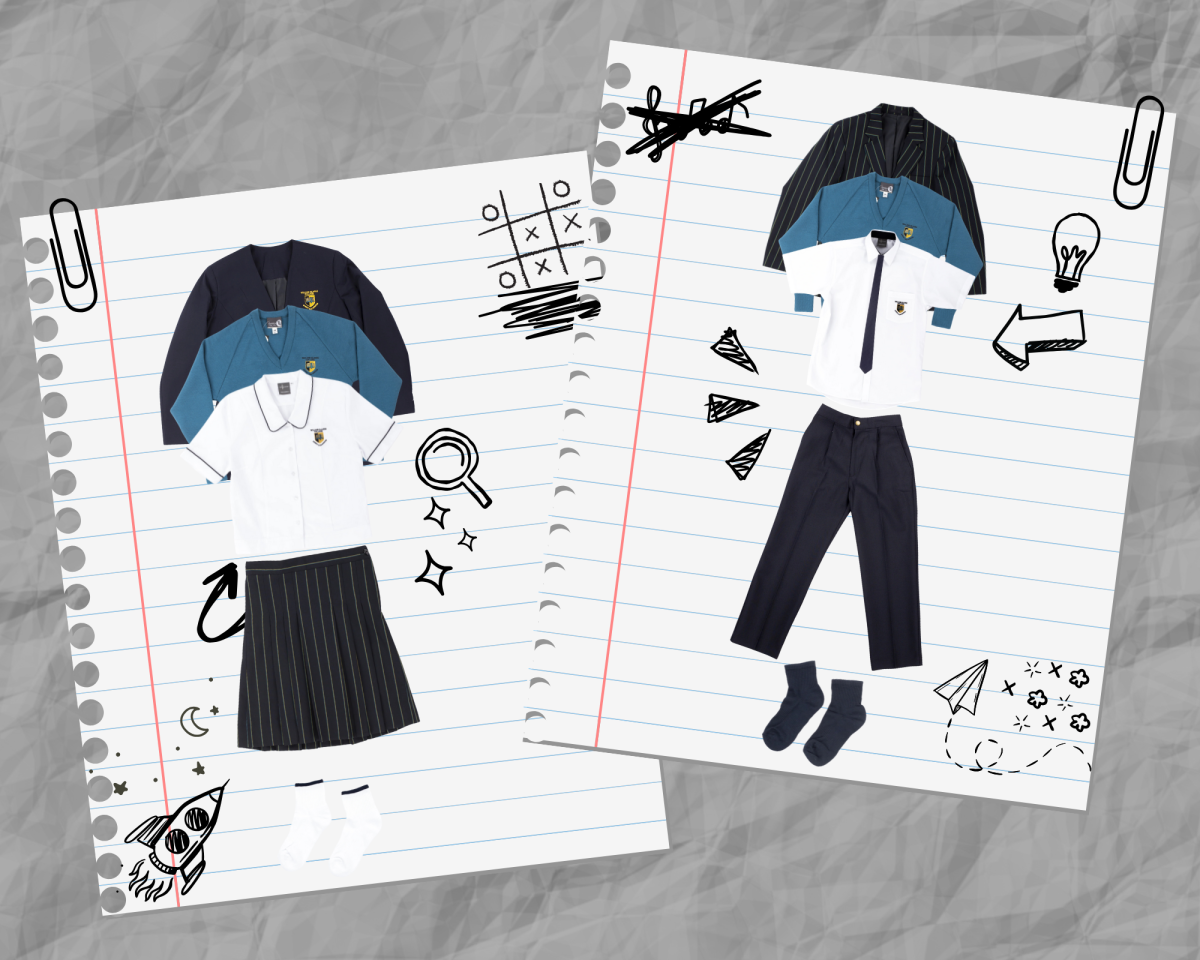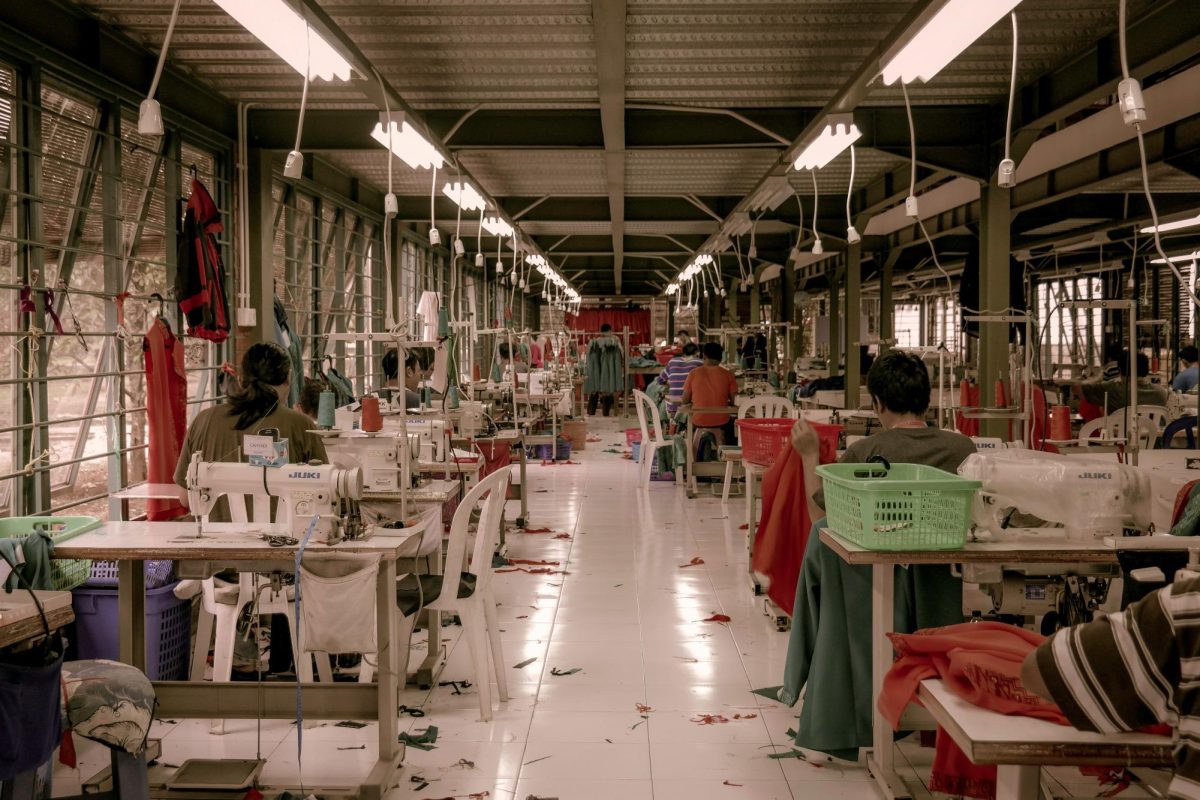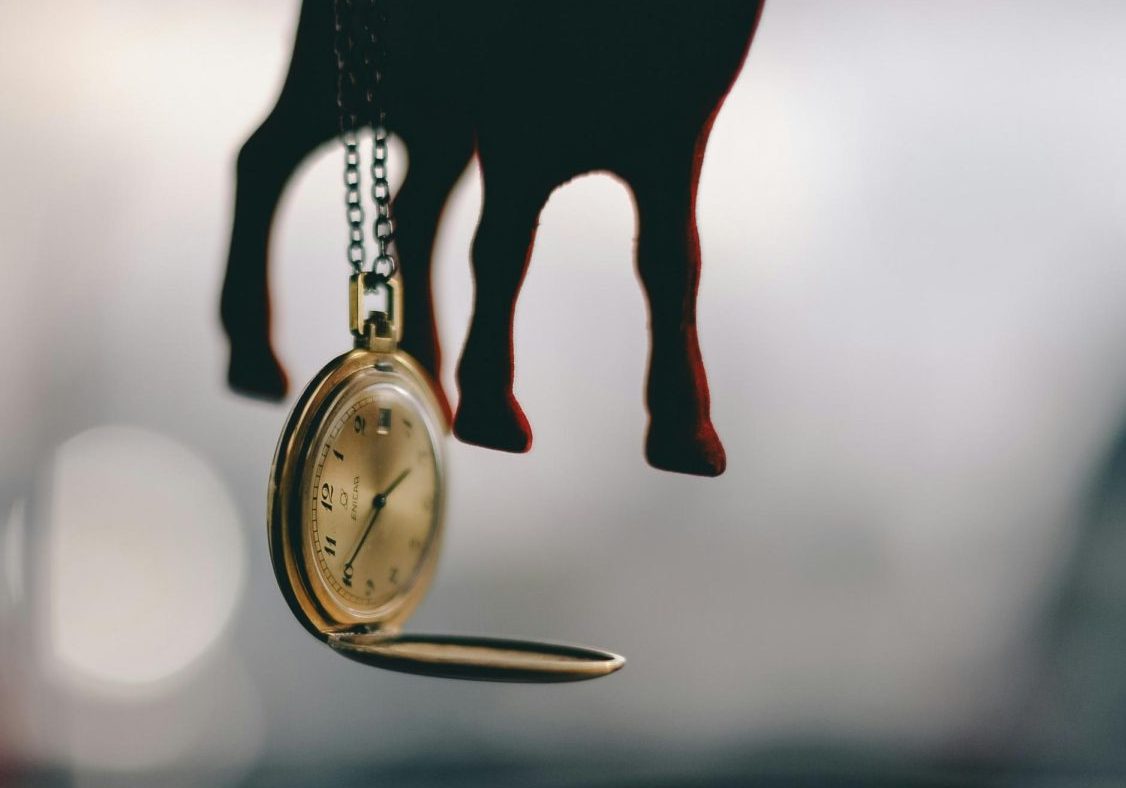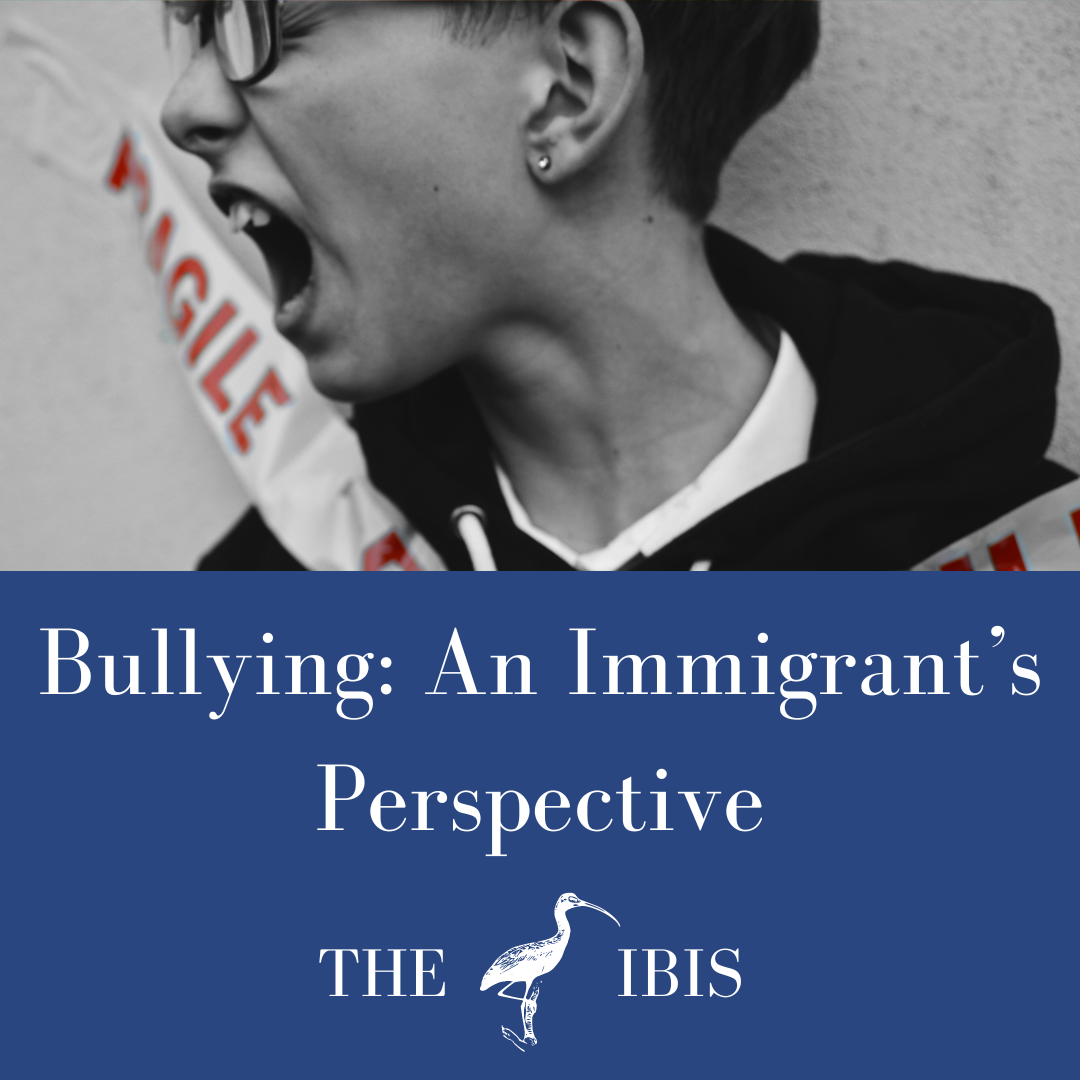This article was written for the Whitlam Institute’s What Matters? Writing Competition and has been republished for WE ARE.
It takes exactly fifteen cardboard boxes to pack up all my physical possessions. Everything I own, everything I have ever called my own, each little part of my identity – all of it, can fit into fifteen pieces of cardboard.
Fifteen cardboard boxes hold all of my physical possessions. But they also hold who I am, where I have been and where I am going. They hold my identity, my humanity, compactly folded to fit every layer of my existence. Fifteen cardboard boxes taped closed and labelled with Sharpie. These boxes may contain every aspect of the person I am today, but to strangers they are no more than cardboard labelled with the big, red letters ‘Foreigner’.
The first time I packed up my belongings, I was just seven years old. My parents and I shoved our whole existence into boxes and shipped them from Russia all the way across the globe. Then, in Australia, these boxes remained with us as we dragged them from house to house – for ten years, to nine houses. Since then, we have perfected the art of transporting all of our possessions. It takes me three hours and fifteen cardboard boxes to package the entirety of my things. It takes me three hours and fifteen cardboard boxes to leave behind my current reality.
Fifteen cardboard boxes that have never truly had a place in the world. Yes, inside they hold a multitude of stories – of deaths, of births, of loves. But from the outside, they are simply cardboard labelled with a thick Sharpie, gathering dust in the corner of the room.
When I was younger, I spent a lot of time sorting through the contents of my fifteen cardboard boxes. A certain anger, a feeling of despisal took over my body every time I found anything that made me an outsider, that made me abnormal – my language, my heritage, my childhood. I threw those things into the box labelled ‘Foreigner’ and kicked it aside, determined to lessen myself of their burden. I felt limited, as if I was a foreigner, I could be nothing more in the eyes of others. It became my one and defining characteristic – one that I was determined to get rid of.
Fifteen cardboard boxes, each neatly labelled. Fifteen cardboard boxes, that contain stories that cannot possibly be described using just a few syllables. Just like my fifteen cardboard boxes, I cannot be summarised in a few words. On the outside, I am a foreigner, but that label holds so much more. It contains the blood, sweat and tears of my parents who immigrated to create a better life. It contains the countless hours I spent during my childhood studying a second language. It contains the pride of breaking generational family curses.
Labels are a generalisation – an assumption that humans go through the same struggles, same experiences, feel the same emotions. I am not just a ‘Foreigner’, I am a first generational child immigrant from Russia. To call me simply an outsider is an insult – a grotesque simplification of my identity. So why do others see this word as my definition, one that is seemingly branded into my skin? Why are people so determined to compartmentalise my life and the lives of others?
Fifteen cardboard boxes can piece together the story of my life, reveal my whole identity. Yet, it is not the actual cardboard, or the words scribbled on it, that has the capacity to tell that tale. Sometimes, it is important to think inside of the box.

